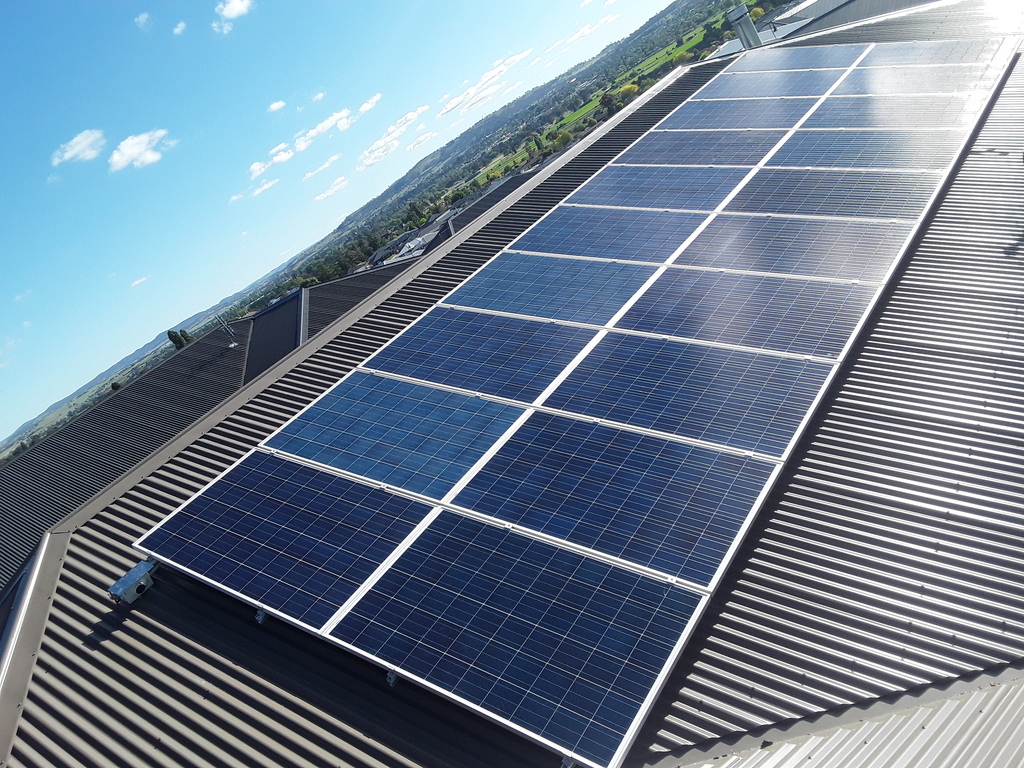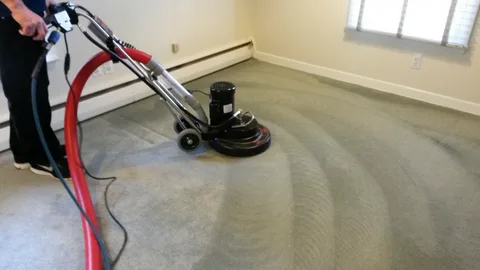If you’re considering making the switch to Solar Gippsland energy, you’re probably wondering about how weather affects solar panels. Unfortunately, there are a lot of myths out there about solar panels and weather.
In this article, we’ll be debunking the 5 myths about how the weather really affects solar panels. We’ll be exploring how different weather conditions can affect solar panels and what you can do to ensure that your panels are operating at peak efficiency.
We’ll also be highlighting some of the common myths about solar panel weatherization and why they’re untrue. So if you’re curious about how weather affects solar panels or if you’re looking for ways to improve your panel’s efficiency, this article is for you.
The 5 myths about how weather affects solar panels
Solar panel installations don’t perform well in cold-weather climates
Most people believe that solar panel installations don’t perform well in cold-weather climates. However, this is a myth. Solar panels actually perform better in cold weather than they do in hot weather.
The reason for this is that Solar Gippsland panels are able to absorb more sunlight in colder temperatures. So, if you live in a cold-weather climate, don’t let the myth about solar panels deter you from getting a solar panel installation.
Solar panels and wind don’t mix
When it comes to solar panels and weather, there are many myths out there. A high-quality solar installation should not be affected by strong winds, nor should any other part of your building or facility.
Local wind patterns inform the best solar installations, which are made up of components that have been tested against extreme wind loads.
Consider the big picture: investing in high-quality panels with a provider who assembles your system with low-quality cables, tie-downs, or racking is a bad idea. You don’t want a cheap cable whipping around in the wind interfering with your energy output.
Solar panels are fragile and can easily crack when subjected to a hail
One of the most common myths about solar power is that solar panels are fragile and can easily crack when subjected to hail.
This is simply not true! Solar panels are designed to withstand all types of severe weather, including hail. In fact, most solar panels come with a warranty that guarantees their performance in all types of weather conditions. Another common myth about solar power is that it is not effective in cold weather.
This is also not true! Solar panels actually work more efficiently in colder weather because the sun’s rays are more focused in the winter months.
So, if you’ve been thinking about switching to solar power but have been concerned about how the weather might affect your solar panels, rest assured that solar panels are designed to withstand all types of weather conditions. And in fact, solar panels often perform better in colder weather.
There’s no point in having a solar installation in areas prone to heavy snow
One of the myths about how weather affects solar panels is that there’s no point in having a solar installation in areas prone to heavy snow. However, this is not true. Solar panels can actually work very well in snowy conditions.
The reason for this is that solar panels are designed to capture sunlight, not heat. So, even in cold weather, the sun’s rays will still be able to reach the solar panels and generate electricity. In fact, some studies have shown that solar panels actually perform better in cold weather than they do in warm weather.
Of course, it’s important to make sure that your solar panels are installed properly and that they are not covered by snow or ice. But if you live in an area with heavy snowfall, don’t let this myth deter you from going solar.
Solar panels are the same in extreme weather conditions
Many people believe that solar panels generate energy through heat, when in fact, the energy is generated by the sun’s light. Unfortunately, that is not the case.
The UL Certification only tests for the fundamentals, so you’ll need to ask your installer about specific issues and ensure the panels you’re getting can withstand your specific weather and climate. Be direct with your solar installer to ensure you get the right panel for your specific needs.





